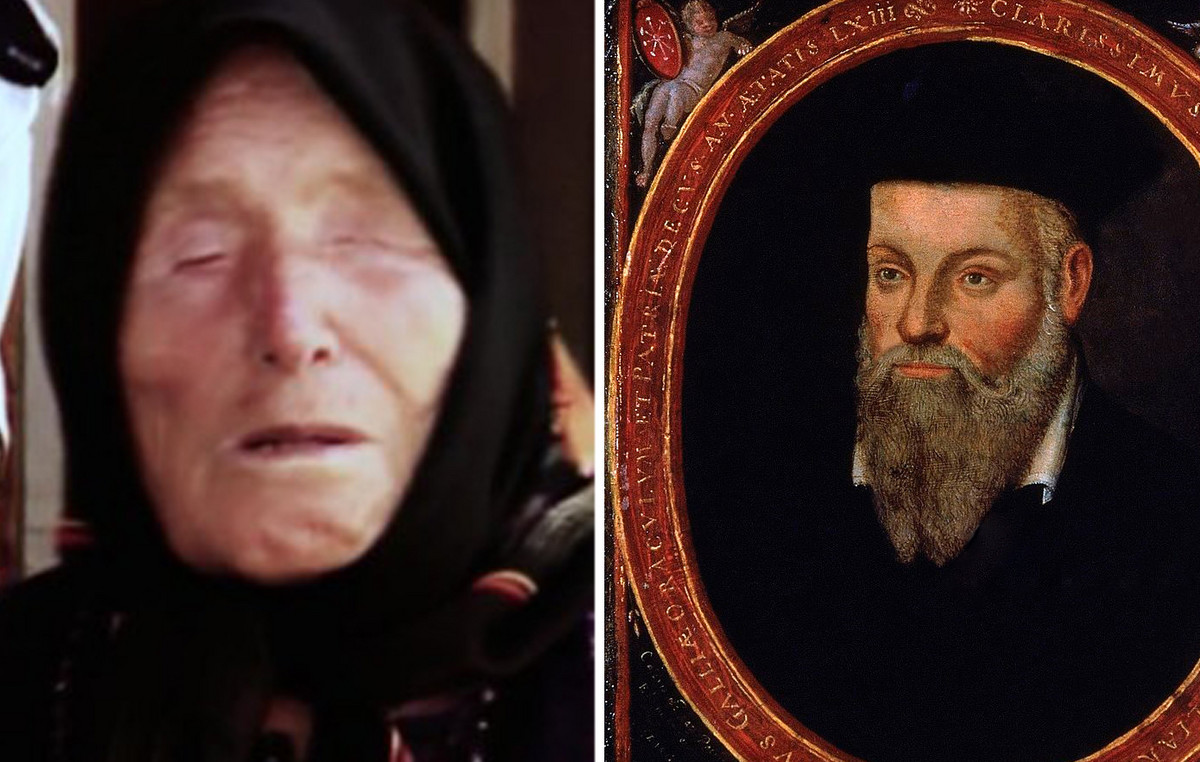A survey in 6 European countries (Germany, France, Italy, Spain, Greece and the Netherlands) was conducted by the network of public opinion polling companies Euroskopia. An independent research network built on the belief that European citizens nowadays play an extremely active role in shaping the issues on the public agenda at national and European level but also the power to intervene in matters that concern them, largely defining the political and social developments. The topic chosen to be explored in this research wave was perceptions and attitudes about the Russo-Ukrainian war and its consequences.
The results of the research show a pan-European tendency to reject the Russian attack on Ukraine, which is either overwhelming (Netherlands, Spain) or not (Greece, Italy). At the same time, a majority preference is detected in terms of satisfying Ukraine’s request to join the European Union, which is particularly strong among Spanish society and not particularly strong among Greek society, which at 39% does not want the country to enter the EU. Well, neither immediately nor in the future.
The relative fear or denial of a direct confrontation between Greece and Russia is also reflected in the maintenance of sanctions against the latter after the end of the war: Greek public opinion rejects the maintenance of almost all sanctions against those actors who are directly or indirectly connected with Moscow. Indicatively, in addition to sanctions against those investors and companies directly linked to Putin, most Greeks are negative about generalized sanctions on companies, investors, sports federations and clubs, as well as performances by artists. In the big picture, however, Europeans as a whole favor economic sanctions on Russia, largely rejecting others related to sport and culture. The only exception is Spanish public opinion, according to which a comprehensive and multifaceted package of sanctions should be maintained even after the end of the Russian invasion.
What, however, are the attitudes of Europeans towards the reception of war refugees but also towards the possibility of creating a common European army? European citizens are clearly more tolerant of the possibility of receiving refugees compared to the pre-war period, as 38% now believe that more refugees should be accepted in EU countries, a rate which has increased by 10% compared to the corresponding period. network survey in February 2022. It should be noted, however, that strong rejection blocks of war refugees are maintained, mainly in Germany and Greece with the percentage of those who still today believe that their countries should receive less than currently fluctuating between 21% in the case of the first and 25% in the case of our country.
With regard to the possibility of creating a European army, the largest share of Europeans (42%) is positive, with 30% believing that national armies and NATO are sufficient and 12% generally drawing on national or regional armies. The inhabitants of the countries that most strongly want the creation of a European army are those of Greece, while those who disagree with me in overwhelming quantitative terms are those of the Netherlands.
Finally, there is a tendency to reject the revision of history within European societies, with the majority of Europeans surveyed disagreeing that there are parts of neighboring countries that actually belong to their own country. The only exception is the case of Spain, which is traditionally plagued by such issues, with 54% of Spaniards estimating that parts of neighboring countries actually belong to them.
Identity of the research:





